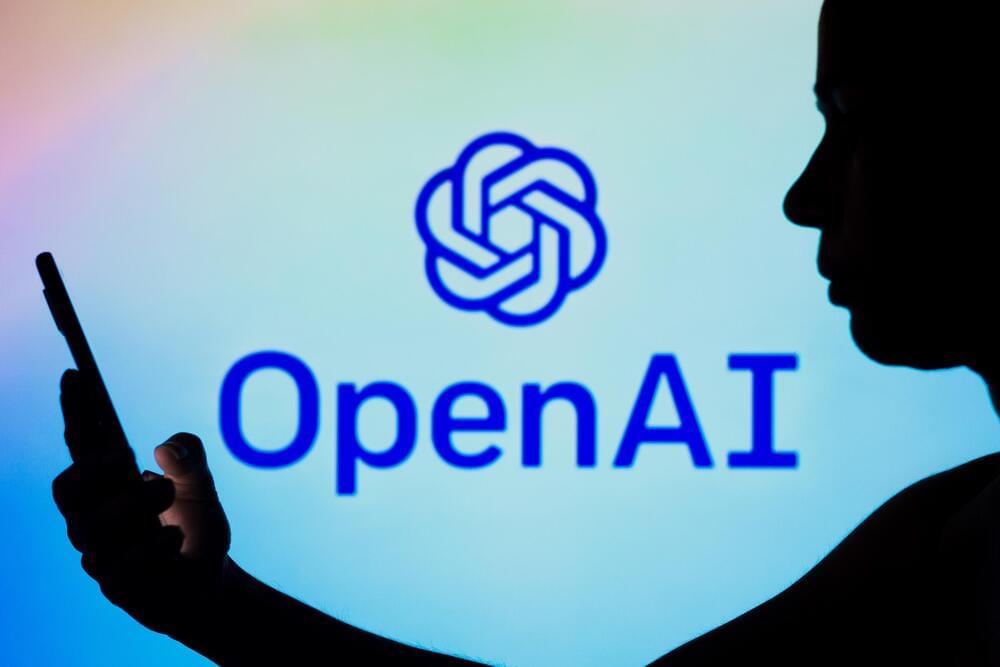Feb 1, 2023
OpenAI Releases First $20 Subscription Version Of ChatGPT For Businesses
Posted by Gemechu Taye in categories: business, robotics/AI
AI startup unicorn OpenAI is now ready to make money off its popular AI chatbot released in November.
OpenAI has launched its first subscription plan for ChatGPT, opening up the popular AI model for business use just two months after its public launch.
The new plan, called ChatGPT Plus and announced in a company blog post on Wednesday, will charge subscribers $20 for monthly use of ChatGPT’s tools. Users will get priority access to ChatGPT “during peak times,” faster responses, and “priority access to new features and improvements,” the company wrote. The subscription is only available initially in the United States and will roll out to a waitlist first.
Continue reading “OpenAI Releases First $20 Subscription Version Of ChatGPT For Businesses” »


















